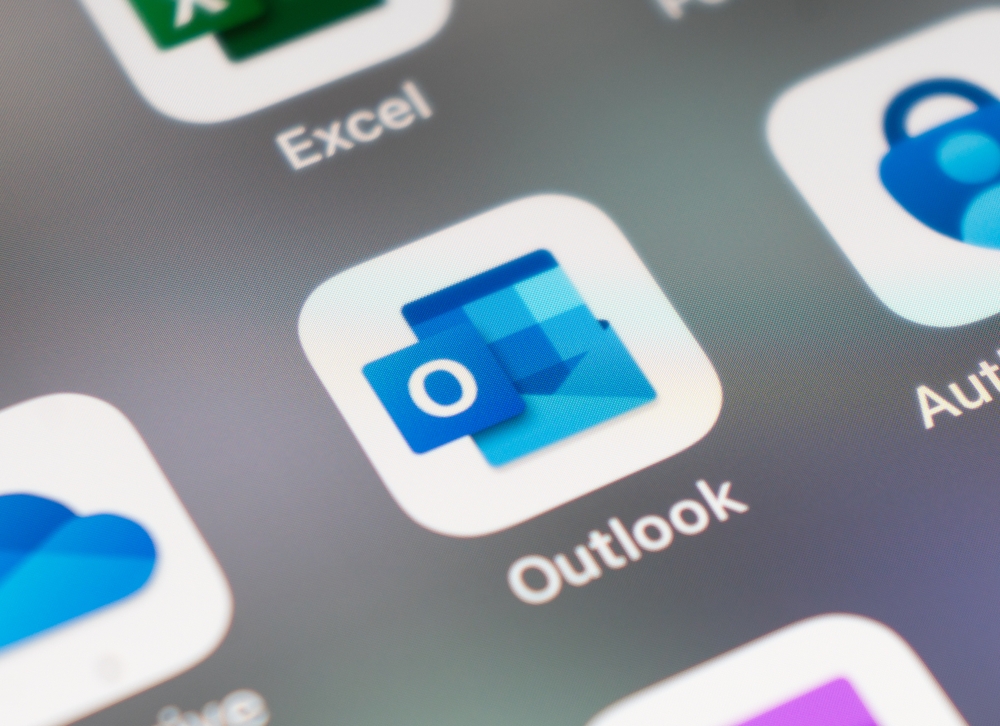The new version of Outlook for Windows, recently introduced by Microsoft, has sparked privacy concerns. A study cited by XDA reveals that the updated Outlook is now more deeply integrated with the cloud, which could expand Microsoft’s ability to gather user data.
The client offers a modern design and generative AI features like text writing assistance and other advanced options. However, research conducted by the German resource Heise casts doubt on the level of personal data protection in this updated version.

Lack of Control Over Data Synchronization
After standard authentication, users encounter an inconspicuous prompt from Microsoft asking to sync their emails, events, and contacts with the cloud. Notably, there is no option to decline this synchronization while continuing to use the client. The official explanation states, “access to data allows you to use search in the user’s mail,” but does not clarify the extent of data collection.
Further investigation showed that Outlook transfers credentials to the Microsoft cloud after authorization, meaning all email processing occurs in the cloud. Testing with a proxy server confirmed this, indicating that authentication happens through Microsoft IP addresses rather than the user’s mail server. This raises the question: is the new Outlook still an independent email client, or has it become a “wrapper” for cloud-based services?
Potential Impact on User Privacy
By agreeing to the forced cloud synchronization and the license agreement, users essentially grant Microsoft broad access to their emails. This situation raises serious concerns about data transparency and the conditions under which Microsoft collects data.
The implications are particularly troubling for corporate users who might inadvertently provide Microsoft with access to confidential company information, potentially breaching internal security standards, notes NIXSolutions. Additionally, the collected data could be used to train AI models. As XDA notes, “It’s crucial for both regular users and system administrators to understand the implications of using the new Outlook and protect their privacy as cloud control increases.”
We’ll keep you updated as more information emerges.
